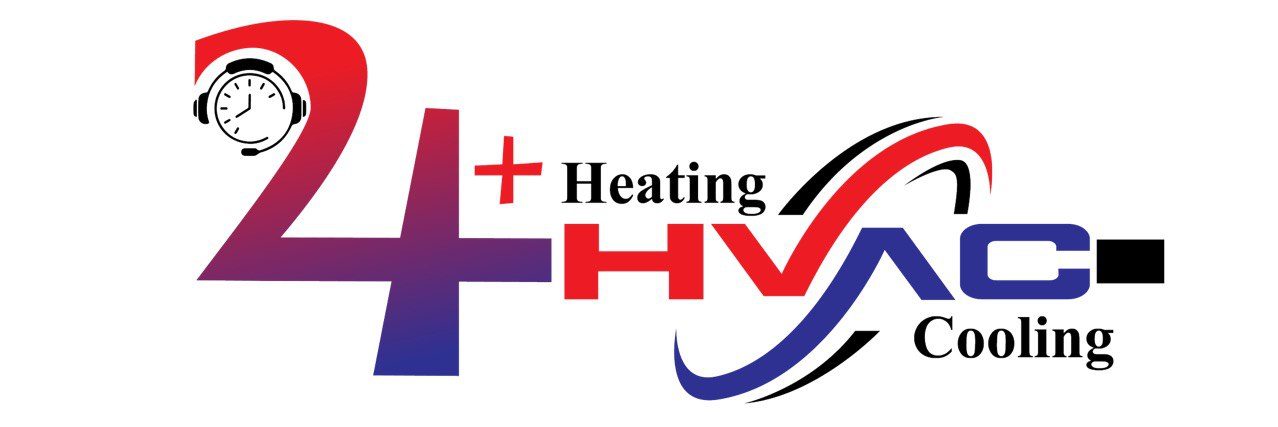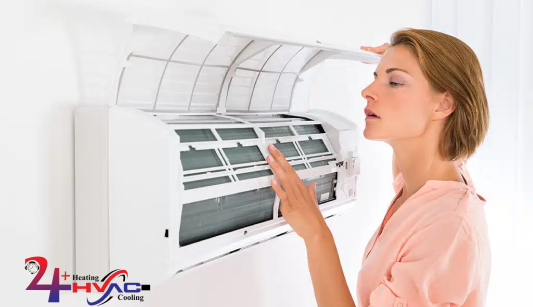Introduction
A reliable heating system is essential for home comfort, especially during the colder months. Over time, your furnace or HVAC system may show signs of wear, leaving homeowners wondering whether to repair or replace it. Understanding the key indicators and factors influencing this decision can save you money and ensure your home remains warm and energy-efficient.
In this guide, we’ll explore everything you need to know about heating system repair and replacement, including common warning signs, cost considerations, energy efficiency, and expert recommendations. By the end, you’ll have a clear understanding of when to call for professional heating repair or invest in a new system.
1. Signs Your Heating System Needs Repair
Not all heating issues require a full replacement. Some problems can be fixed with simple repairs. Here are some signs that indicate you may need heating system repair:
- Inconsistent heating: Some rooms feel warm while others remain cold.
- Unusual noises: Banging, rattling, or whistling sounds could indicate loose or broken components.
- Frequent cycling: The system turns on and off too frequently, reducing efficiency.
- Increased energy bills: A sudden rise in heating costs suggests your system is working harder than it should.
- Weak airflow: If your vents are not producing enough warm air, your system may need a repair.
If you notice any of these issues, contact a professional for a thorough inspection before assuming a full replacement is necessary.
2. When is Heating System Replacement a Better Option?
While repairs can solve many issues, some situations call for a complete heating system replacement:
- System age: If your furnace or HVAC is over 15–20 years old, replacement might be more cost-effective.
- Frequent breakdowns: Constant repairs add up, making a new system a better investment.
- Safety concerns: Cracks in the heat exchanger can lead to carbon monoxide leaks, posing serious health risks.
- High energy consumption: Older systems are often less efficient, leading to higher utility bills.
- Obsolete parts: If parts are no longer available, repairs may not be feasible.
If multiple factors above apply to your system, investing in a new, energy-efficient unit can provide long-term benefits.
3. Comparing Heating System Repair vs. Replacement Costs
Understanding the costs involved can help homeowners make informed decisions:
Repair Costs:
- Thermostat replacement: $100–$300
- Ignition system repair: $150–$500
- Blower motor repair: $400–$600
- Heat exchanger repair: $600–$1,500
Replacement Costs:
- New furnace installation: $2,500–$7,500
- New HVAC system: $5,000–$12,000
If repair costs exceed 50% of the replacement cost, it’s generally more economical to invest in a new system.
4. Energy Efficiency Considerations
Older heating systems tend to consume more energy, leading to higher utility bills. Modern systems with high Annual Fuel Utilization Efficiency (AFUE) ratings can significantly reduce energy consumption.
- Standard efficiency: 80% AFUE (20% of energy is wasted)
- High efficiency: 90–98% AFUE (Minimal energy loss)
Upgrading to an ENERGY STAR®-rated heating system can lower your monthly heating costs and qualify for rebates.
5. Common Furnace & HVAC Issues That Require Repair
- Clogged filters: Dirty filters restrict airflow and reduce efficiency.
- Faulty pilot light: Gas furnaces rely on a functioning pilot light to ignite.
- Blower motor issues: Reduced airflow may indicate a blower motor problem.
- Thermostat malfunctions: Incorrect readings can lead to uneven heating.
- Ductwork leaks: Damaged ducts cause heat loss and uneven temperatures.
Regular maintenance can prevent many of these issues from escalating.
6. The Role of Professional HVAC Inspections
A professional HVAC technician can diagnose problems before they become major repairs. An annual inspection typically includes:
- Checking for leaks or cracks in the heat exchanger
- Testing thermostat accuracy
- Cleaning or replacing air filters
- Inspecting and lubricating moving parts
- Evaluating system efficiency
Scheduling regular inspections ensures your system operates safely and efficiently.
7. How Climate Affects Heating System Longevity
Vancouver’s climate influences how often your heating system runs. Frequent use can accelerate wear and tear, making regular maintenance essential.
- Coastal areas: Humidity can contribute to rust and corrosion.
- Cold winters: Extended use increases strain on components.
- Mild seasons: Less usage can still lead to dust buildup and inefficiencies.
8. Smart Thermostats & Modern Heating Solutions
Upgrading to a smart thermostat can optimize your heating system’s performance. Benefits include:
- Remote temperature control via smartphone apps
- Automated scheduling for energy savings
- Real-time energy usage monitoring
- Compatibility with modern HVAC systems
Combining a high-efficiency system with a smart thermostat maximizes comfort and savings.
9. DIY Heating System Maintenance Tips
While professional maintenance is crucial, homeowners can take some steps to keep their system running efficiently:
- Change air filters every 1–3 months
- Keep vents and registers free of obstructions
- Inspect ductwork for leaks or blockages
- Listen for unusual noises and address them promptly
- Schedule annual professional maintenance
10. Choosing a Reliable Heating Repair & Replacement Service in Vancouver
Selecting the right HVAC service provider is key to ensuring quality repairs and installations. Look for:
- Certified technicians with industry experience
- Positive customer reviews and testimonials
- Transparent pricing with upfront estimates
- Emergency repair services for urgent issues
- Warranty options for parts and labor
For trusted heating system repair and replacement services, visit 24Plus HVAC.
Conclusion
Knowing when to repair or replace your heating system is essential for maintaining home comfort, efficiency, and safety. If your system is experiencing frequent issues, high energy costs, or is nearing the end of its lifespan, a replacement may be the best option. However, minor issues can often be resolved with professional repairs.
For expert heating repair or installation in Vancouver, contact 24Plus HVAC today. Our team of professionals provides reliable, efficient, and cost-effective solutions tailored to your home’s needs.
Need air conditioning services too? Check out our air conditioning solutions in Richmond.

